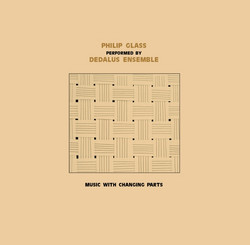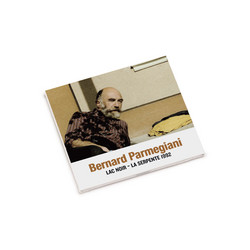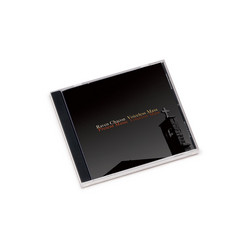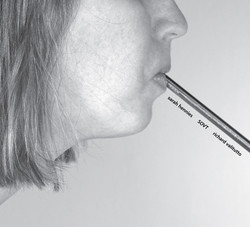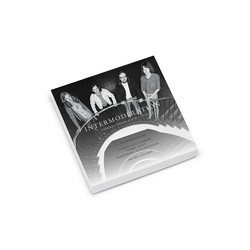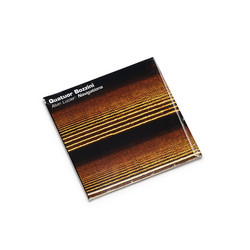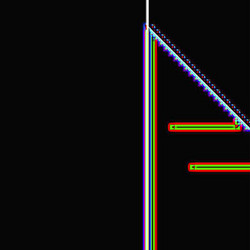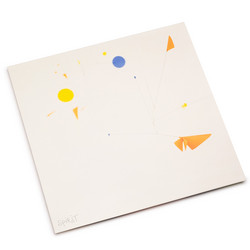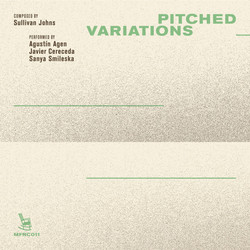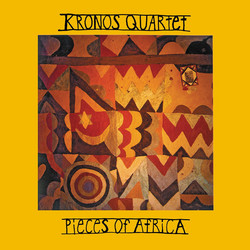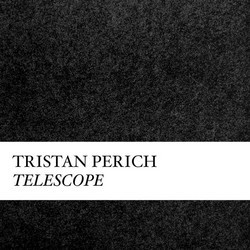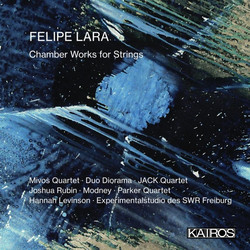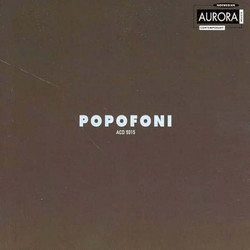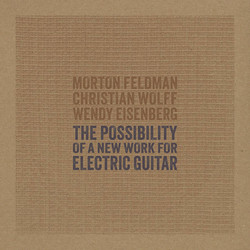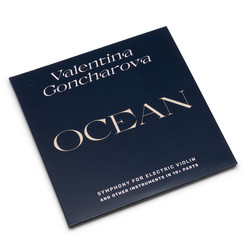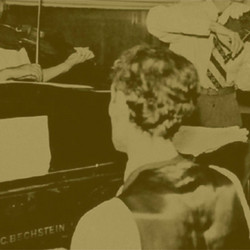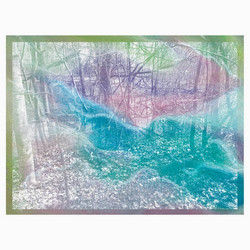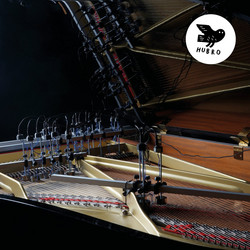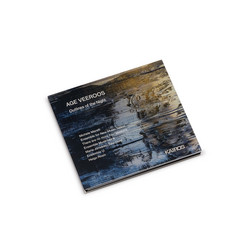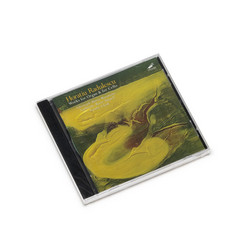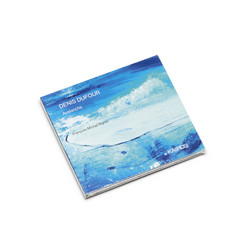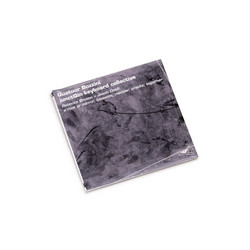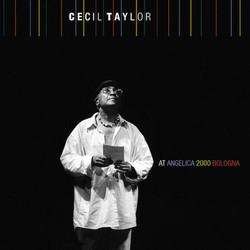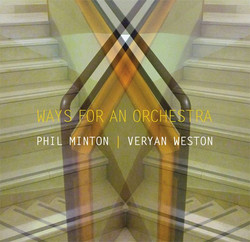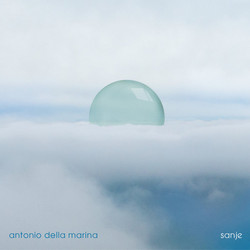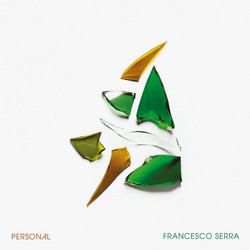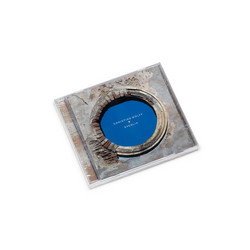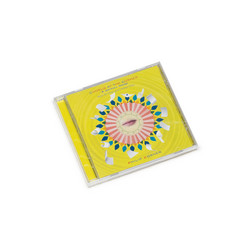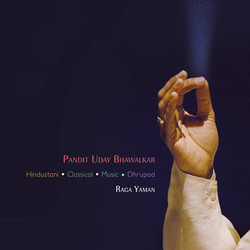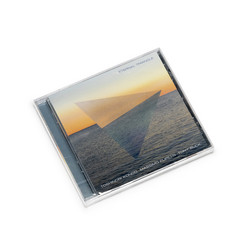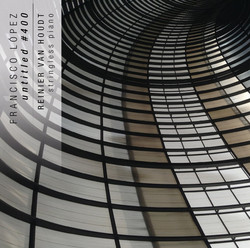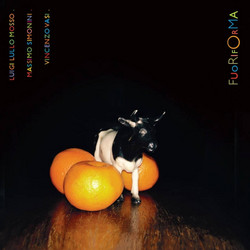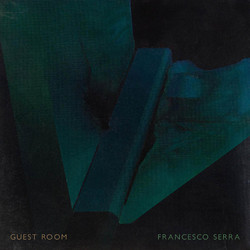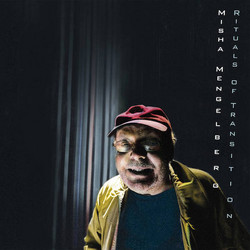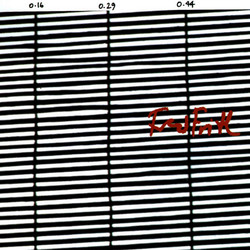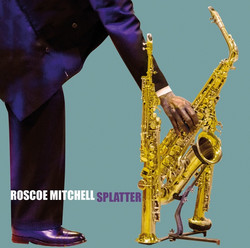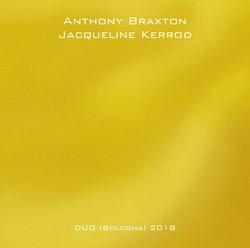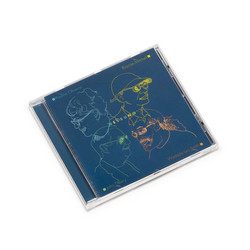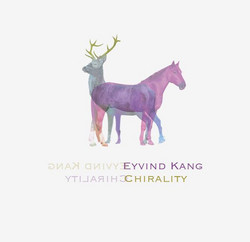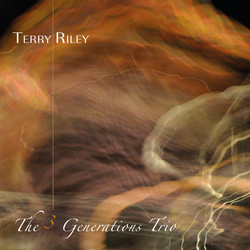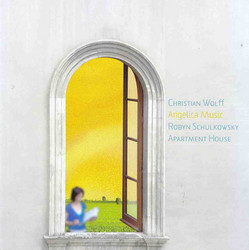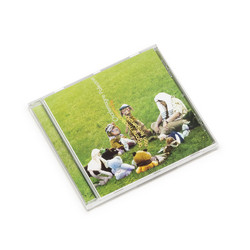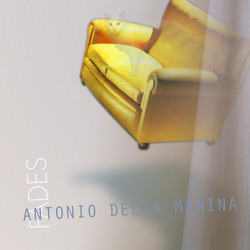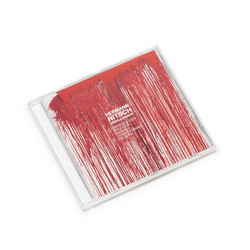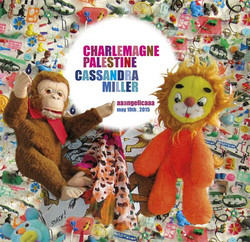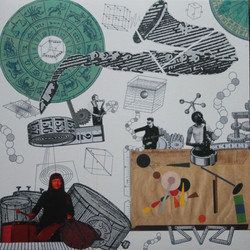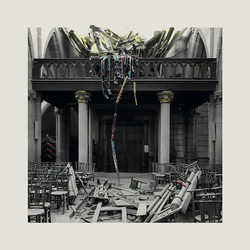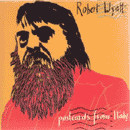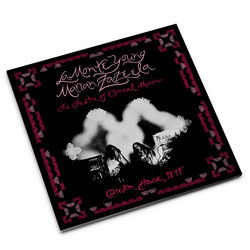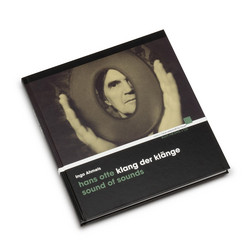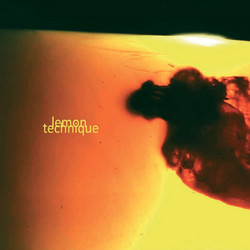*Includes a 40-page booklet with full text of the work, introductory texts and photos.* Giovanna Marini is an almost unique figure in Italy: a classically trained musician (graduated from the Conservatory of Santa Cecilia in Rome, perfected as a guitarist with Maestro Andres Segovia, then a lutenist with Maestro Quaranta's "Concentus Antiqui" ensemble), from the early 1960s she began a work of studying and transcribing songs from the Italian folk oral tradition. Beginning with "Bella Ciao" in 1964, which caused a scandal among the palatial audience of the Spoleto festival of the Two Worlds, and her participation in "Ci ragiono e ci canto" coordinated by Dario Fo at the Teatro Carignano in Turin in '66, Giovanna Marini became one of the most eminent personalities of ethnomusicology and militant song in the "hot decade" of Italian political protest.
Initially limited to just voice and guitar, from the second half of the 1970s her production grew in complexity, however, collaborating with jazz musicians such as Eugenio Colombo and Giancarlo Schiaffini, and tackling writing for instrumental ensembles and choirs, with important productions for theater and cinema (for directors such as Thierry Salmon, Mario Martone, Citto Maselli, Gianikian/Ricci-Lucchi, etc.)
Giovanna Marini's association with the AngelicA festival began from the very first edition (1991), with a concert by her Quartetto Vocale. An important history of collaborations with the Arcanto Choir under the direction of Giovanna Giovannini then developed under the auspices of the festival, yielding, among other things, the concert on "Musiche di scena" with excerpts from Euripides' Troiane, Aeschylus' Orestea and Pasolini's Turcs tal Friül (2004), and commissions of world premieres such as Dentro e fuori al Pentagramma (2005), Le ceneri di Gramsci (2005, for the 30th anniversary of the poet's death), and the Te Deum per un amico (December 2015), dedicated to director Giuseppe Bertolucci, who together with Luisa Grosso had curated the staging of Le ceneri di Gramsci at the Arena del Sole ten years earlier.
Then, in April 2019, recording sessions (as well as a new concert) were held at the Centro di Ricerca Musicale/ Teatro San Leonardo for Te Deum, which is now released as IDA 049.
It is the fruit of a complex work of long gestation, loosely inspired by Georges Bernanos' Dialogues of the Carmelites (a text also known for the work composer Francis Poulenc made of it in 1953, as well as for the 1960 film of the same name starring Jeanne Moreau and Alida Valli); in analyzing the text with Giuseppe Bertolucci, Giovanna Marini had been struck by the precise anthropological and social notations that Bernanos included in it, describing how social and class divisions (the clash between Constance, the nun of peasant extraction, and Blanche the noblewoman) also acted within a microcosm like the convent, almost reflecting the turmoil of the outside world that was being swept away by the French Revolution (the novel was inspired by a real event, the execution of sixteen French nuns in 1794, during the "Reign of Terror").
In Bertolucci's and Marini's idea, however, the work was to become a reflection on how history repeats itself, and historical situations of change continue to provoke violent clashes and innocent victims in society; the theme of the transition between the old and new worlds, already present in the Dialogues, in Te Deum therefore reaches the present day, to the tragedies of the exodus of migrants in the stretch of sea from Africa to Sicily.
In a similarly complex and composite manner was constructed, in close collaboration between Marini and Giovannini, the musical part, which involved, in addition to the Arcanto Choir, two other choirs (Stella and San Giorgio), and a group of children's voices (AngelicA for eleven years has created a stable choir of children/young people aged 5 to 15, the Piccolo Coro Angelico, coordinated by Giovanna and Gloria Giovannini and Silvia Tarozzi, a choir with which important composers and instrumentalists who are guests of the Festival have also collaborated). The resulting work is surely one of the most important additions to Giovanna Marini's discography in the new millennium: a "sacred cantata with a profane theme" (or perhaps vice versa? ) that deftly weaves internal and external (the dialogues of the nuns in the convent, the popular songs from the square) to traverse different spaces, eras, languages (the text oscillates between Latin, French and Italian), musical styles and vocal stylistic features, bringing out of the flow liturgical music, opera, work songs of the mondine, Spanish anarchists and Piedmontese exiles (instead of those of the French Revolutionaries), and masterfully layering timbres, harmonies and clusters of voices.
Te Deum per un amico (IDA 049) is Giovanna Marini's second recording with the Arcanto Choir, which follows Le ceneri di Gramsci, released on CD plus accompanying book in 2006 (Ed. Block Nota/i angelica discs). In 2000 angelica records also released her Requiem - Cantata per cinque stanze (IDA 015).
